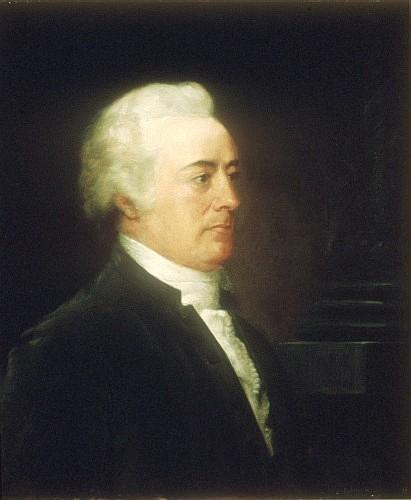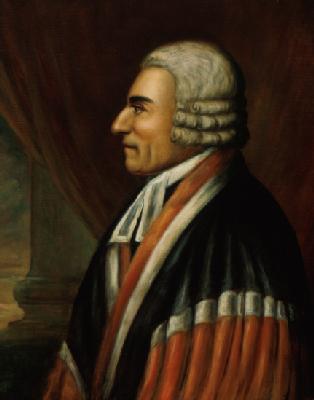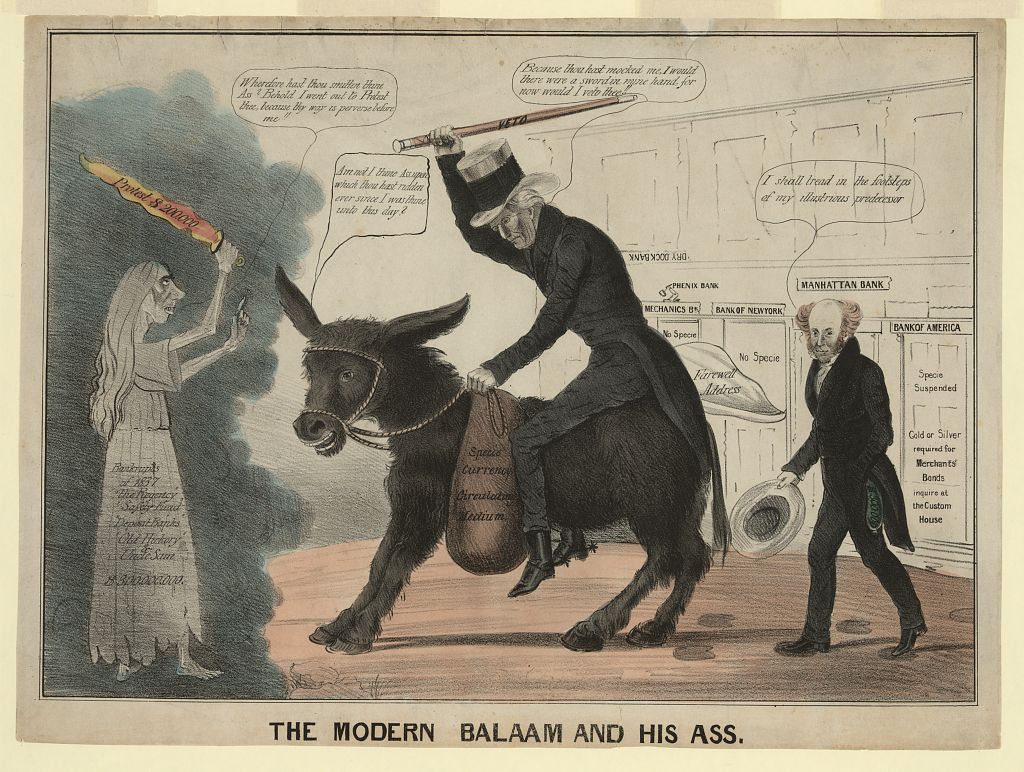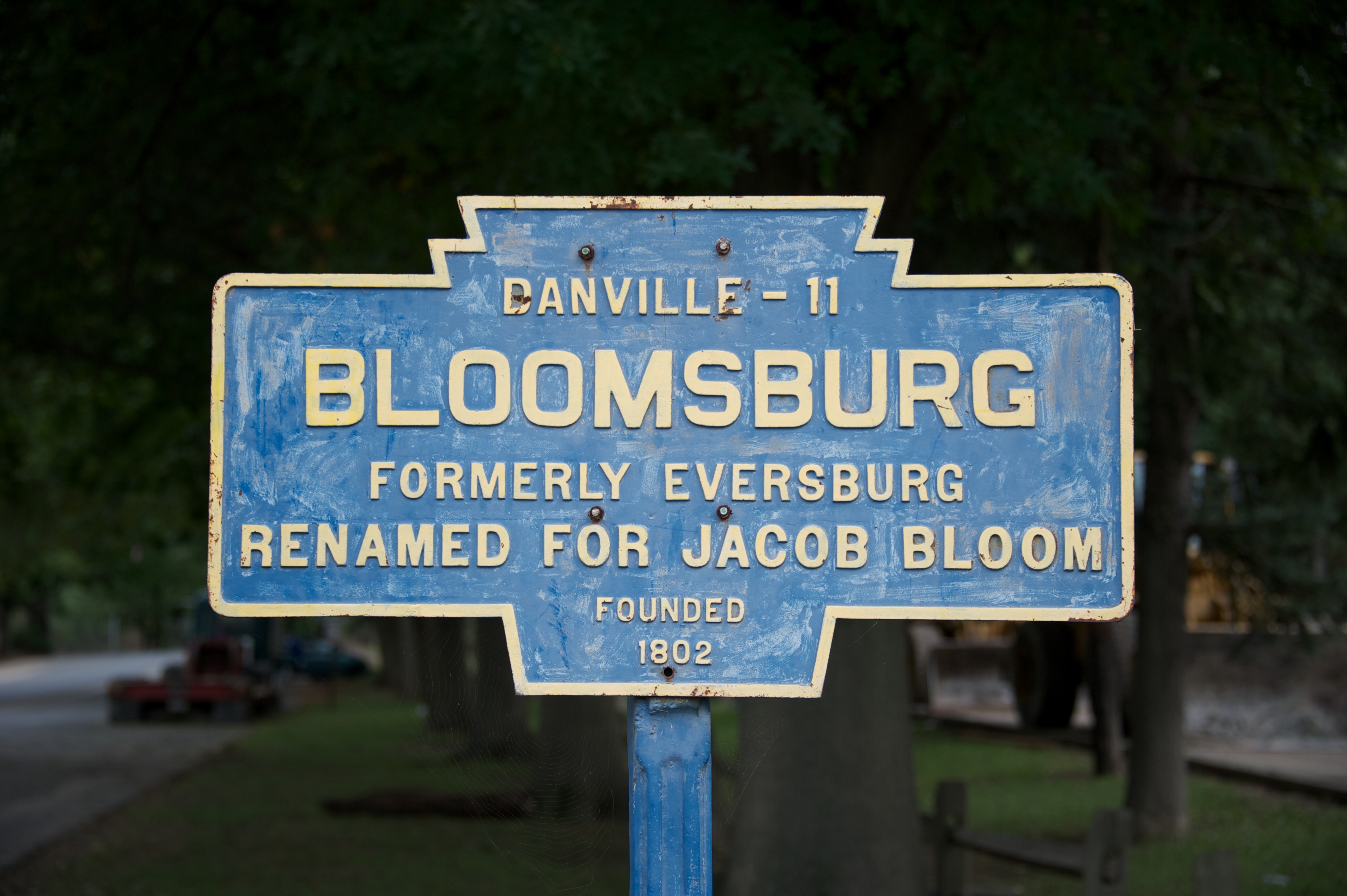|
Robert Cooper Grier
Robert Cooper Grier (March 5, 1794 – September 25, 1870) was an American jurist who served on the Supreme Court of the United States. A Jacksonian Democrat from Pennsylvania who served from 1846 to 1870, Grier weighed in on some of the most important cases of the 19th century. As one of two Northern members of the majority in the infamous ''Dred Scott v. Sandford'' (1857) decision, Grier concurred that African Americans were not and were never meant to be citizens of the United States and that the property rights of slaveholders were clearly protected in the US Constitution, after being pressured by President-elect James Buchanan to join the Southern majority in an attempt to prevent the appearance that the decision was made along sectional lines. In 1863, Grier wrote the majority opinion in the ''Prize Cases'' upholding Abraham Lincoln's presidential power to institute Union blockades of Confederate ports and giving the Union Army a strategic advantage in the American Civil Wa ... [...More Info...] [...Related Items...] OR: [Wikipedia] [Google] [Baidu] |
Associate Justice Of The Supreme Court Of The United States
An associate justice of the Supreme Court of the United States is any member of the Supreme Court of the United States other than the chief justice of the United States. The number of associate justices is eight, as set by the Judiciary Act of 1869. Appointments Clause, Article II, Section 2, Clause 2 of the Constitution of the United States grants plenary power to the President of the United States, president to nominate, and with the advice and consent (confirmation) of the United States Senate, Senate, appoint justices to the Supreme Court. Article Three of the United States Constitution, Article III, Section 1 of the Constitution effectively grants life tenure to associate justices, and all other United States federal judge, federal judges, which ends only when a justice dies, retires, resigns, or is removed from office by Federal impeachment in the United States, impeachment. Each Supreme Court justice has a single vote in deciding the cases argued before it, and the chief j ... [...More Info...] [...Related Items...] OR: [Wikipedia] [Google] [Baidu] |
Union Blockade
The Union blockade in the American Civil War was a naval strategy by the United States to prevent the Confederacy from trading. The blockade was proclaimed by President Abraham Lincoln in April 1861, and required the monitoring of of Atlantic and Gulf coastline, including 12 major ports, notably New Orleans and Mobile. Those blockade runners fast enough to evade the Union Navy could carry only a small fraction of the supplies needed. They were operated largely by foreign citizens, making use of neutral ports such as Havana, Nassau and Bermuda. The Union commissioned around 500 ships, which destroyed or captured about 1,500 blockade runners over the course of the war. Proclamation of blockade and legal implications On April 19, 1861, President Lincoln issued a ''Proclamation of Blockade Against Southern Ports'': Whereas an insurrection against the Government of the United States has broken out in the States of South Carolina, Georgia, Alabama, Florida, Mississippi, Louisiana, ... [...More Info...] [...Related Items...] OR: [Wikipedia] [Google] [Baidu] |
President Of The United States
The president of the United States (POTUS) is the head of state and head of government of the United States of America. The president directs the executive branch of the federal government and is the commander-in-chief of the United States Armed Forces. The power of the presidency has grown substantially since the first president, George Washington, took office in 1789. While presidential power has ebbed and flowed over time, the presidency has played an increasingly strong role in American political life since the beginning of the 20th century, with a notable expansion during the presidency of Franklin D. Roosevelt. In contemporary times, the president is also looked upon as one of the world's most powerful political figures as the leader of the only remaining global superpower. As the leader of the nation with the largest economy by nominal GDP, the president possesses significant domestic and international hard and soft power. Article II of the Constitution establ ... [...More Info...] [...Related Items...] OR: [Wikipedia] [Google] [Baidu] |
Associate Justice Of The United States Supreme Court
An associate justice of the Supreme Court of the United States is any member of the Supreme Court of the United States other than the chief justice of the United States. The number of associate justices is eight, as set by the Judiciary Act of 1869. Article II, Section 2, Clause 2 of the Constitution of the United States grants plenary power to the president to nominate, and with the advice and consent (confirmation) of the Senate, appoint justices to the Supreme Court. Article III, Section 1 of the Constitution effectively grants life tenure to associate justices, and all other federal judges, which ends only when a justice dies, retires, resigns, or is removed from office by impeachment. Each Supreme Court justice has a single vote in deciding the cases argued before it, and the chief justice's vote counts no more than that of any other justice; however, the chief justice leads the discussion of the case among the justices. Furthermore, the chief justice—when in the major ... [...More Info...] [...Related Items...] OR: [Wikipedia] [Google] [Baidu] |
American Philosophical Society
The American Philosophical Society (APS), founded in 1743 in Philadelphia, is a scholarly organization that promotes knowledge in the sciences and humanities through research, professional meetings, publications, library resources, and community outreach. Considered the first learned society in the United States, it has about 1,000 elected members, and by April 2020 had had only 5,710 members since its creation. Through research grants, published journals, the American Philosophical Society Museum, an extensive library, and regular meetings, the society supports a variety of disciplines in the humanities and the sciences. Philosophical Hall, now a museum, is just east of Independence Hall in Independence National Historical Park; it was designated a National Historic Landmark in 1965. History The Philosophical Society, as it was originally called, was founded in 1743 by Benjamin Franklin, James Alexander (lawyer), James Alexander, Francis Hopkinson, John Bartram, Philip Syn ... [...More Info...] [...Related Items...] OR: [Wikipedia] [Google] [Baidu] |
Allegheny County, Pennsylvania
Allegheny County () is a county in the Commonwealth of Pennsylvania. It is located in Southwestern Pennsylvania. As of the 2020 census, the population was 1,250,578, making it the state's second-most populous county, following Philadelphia County. The county seat is Pittsburgh. Allegheny County is included in the Pittsburgh, PA Metropolitan Statistical Area, and in the Pittsburgh Designated Market Area. Allegheny was the first county in Pennsylvania to be given a Native American name. It was named after the Lenape word for the Allegheny River. The meaning of "Allegheny" is uncertain. It is usually said to mean "fine river". Stewart says that the name may come from a Lenape account of an ancient mythical tribe called ''"Allegewi"'', who lived along the river before being taken over by the Lenape. History Prior to European contact, this area was settled for thousands of years by succeeding cultures of indigenous peoples. During the colonial era, historic native groups kno ... [...More Info...] [...Related Items...] OR: [Wikipedia] [Google] [Baidu] |
History Of The Democratic Party (United States)
The Democratic Party is one of the two major political parties of the United States political system and the oldest existing political party in that country founded in the 1830s and 1840s. It is also the oldest voter-based political party in the world. The party has changed significantly during its nearly two centuries of existence. Known as the party of the "common man," the early Democratic Party stood for individual rights and state sovereignty, and opposed banks and high tariffs. In the first decades of its existence, from 1832 to the mid-1850s (known as the Second Party System), under Presidents Andrew Jackson, Martin Van Buren and James K. Polk, the Democrats usually bested the opposition Whig Party by narrow margins. Before the American Civil War the party supported or tolerated slavery; and after the war until the Great Depression the party opposed civil rights reforms in order to retain the support of Southern voters. During this second period (1865-1932), the ... [...More Info...] [...Related Items...] OR: [Wikipedia] [Google] [Baidu] |
Jacksonian Democracy
Jacksonian democracy was a 19th-century political philosophy in the United States that expanded suffrage to most white men over the age of 21, and restructured a number of federal institutions. Originating with the seventh U.S. president, Andrew Jackson and his supporters, it became the nation's dominant political worldview for a generation. The term itself was in active use by the 1830s. This era, called the Jacksonian Era or Second Party System by historians and political scientists, lasted roughly from Jackson's 1828 election as president until slavery became the dominant issue with the passage of the Kansas–Nebraska Act in 1854 and the political repercussions of the American Civil War dramatically reshaped American politics. It emerged when the long-dominant Democratic-Republican Party became factionalized around the 1824 United States presidential election. Jackson's supporters began to form the modern Democratic Party. His political rivals John Quincy Adams and Henr ... [...More Info...] [...Related Items...] OR: [Wikipedia] [Google] [Baidu] |
Danville, Pennsylvania
Danville is a borough in and the county seat of Montour County, Pennsylvania, United States, along the North Branch of the Susquehanna River. The population was 4,221 at the census. Danville is part of the Bloomsburg-Berwick micropolitan area. History Native American history As Europeans explored the coastal regions reachable from ships at the dawn of the 17th Century, the whole valley of the Susquehanna from South-central New York state to the upper Chesapeake Bay was owned by the fierce Iroquois-like Susquehannock people, like the Erie people, an Iroquoian speaking tribe with a similar related culture.see Susquehannock#History main article coverage and citations. As the European wars of religion lulled before the cataclysm of the Thirty Years' War, ca. 1600 AD the protestant Dutch traders first entered the Delaware Valley and began regularly trading firearms for furs, especially highly valued beaver pelts with the inland Susquehannock people in the vicinity of greater P ... [...More Info...] [...Related Items...] OR: [Wikipedia] [Google] [Baidu] |
Bloomsburg, Pennsylvania
Bloomsburg is a town and the county seat of Columbia County, Pennsylvania, United States. It is part of Northeastern Pennsylvania and is located southwest of Wilkes-Barre, Pennsylvania, Wilkes-Barre along the Susquehanna River. It is the only list of municipalities in Pennsylvania, Pennsylvania municipality incorporated as a town. As of the 2010 United States census, 2010 census, Bloomsburg had a population of 14,855, with an estimated population of 13,811 in 2019. Bloomsburg is one of two principal communities of the Bloomsburg-Berwick metropolitan area, Bloomsburg-Berwick, PA Metropolitan Statistical Area, a United States metropolitan area, metropolitan area that covers Columbia and Montour County, Pennsylvania, Montour counties, and had a combined population of 85,562 at the 2010 United States Census, 2010 census. History The first signs of European settlement date to the year 1772, when James McClure established a log cabin in the area. Until the mid-19th century, it was ... [...More Info...] [...Related Items...] OR: [Wikipedia] [Google] [Baidu] |
Bar Association
A bar association is a professional association of lawyers as generally organized in countries following the Anglo-American types of jurisprudence. The word bar is derived from the old English/European custom of using a physical railing to separate the area in which court business is done from the viewing area for the general public. Some bar associations are responsible for the regulation of the legal profession in their jurisdiction; others are professional organizations dedicated to serving their members; in many cases, they are both. In many Commonwealth jurisdictions, the bar association comprises lawyers who are qualified as barristers or advocates in particular, versus solicitors (see ''bar council''). Membership in bar associations may be mandatory or optional for practicing attorneys, depending on jurisdiction. Etymology The use of the term ''bar'' to mean "the whole body of lawyers, the legal profession" comes ultimately from English custom. In the early 16th century ... [...More Info...] [...Related Items...] OR: [Wikipedia] [Google] [Baidu] |
Read Law
Reading law was the method used in common law countries, particularly the United States, for people to prepare for and enter the legal profession before the advent of law schools. It consisted of an extended internship or apprenticeship under the tutelage or mentoring of an experienced lawyer. The practice largely died out in the early 20th century. A few U.S. states still permit people to become lawyers by reading law instead of attending law school, although the practice is rare. In this sense, "reading law" specifically refers to a means of entering the profession, although in England it is still customary to say that a university undergraduate is "reading" a course, which may be law or any other. __TOC__ History United States In colonial America, as in Britain in that day, law schools did not exist at all until Litchfield Law School was founded in 1773. Within a few years following the American Revolution, some universities such as the College of William and Mary and the U ... [...More Info...] [...Related Items...] OR: [Wikipedia] [Google] [Baidu] |









